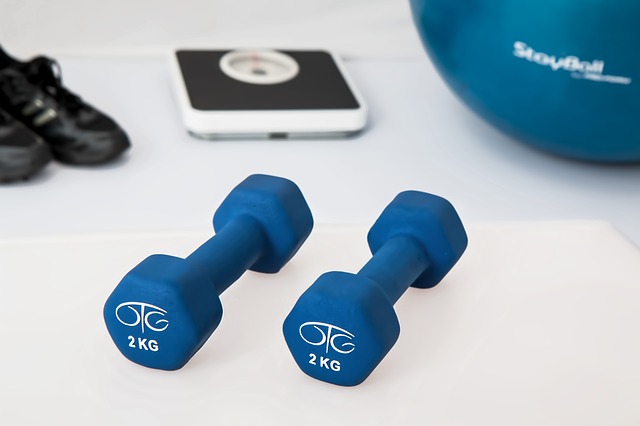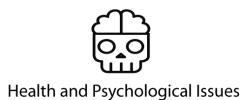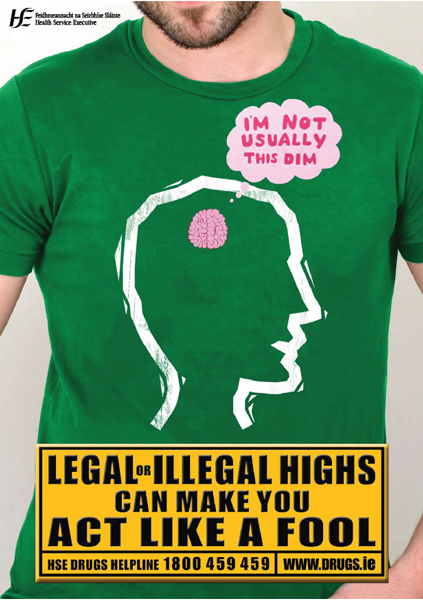Seek Treatment for Heroin Addiction Now
Anyone addicted to drugs needs help even when they do not admit it. It is the need for help that drove them into drugs in the first place. Heroin is one of those drugs you never wish even on your worst enemy. When an addict gets to the worst stage of addiction, they can even overdose. This ultimately leads to death if help doesn’t arrive soon.
Heroin is a fast-acting opiate. When it’s injected, there is a surge of euphoria that arrives within seconds. Those using the drug other ways may not feel this surge as sharply.
The user will get a dry mouth and his or her skin will flush. The user’s pupils will be constricted. He will feel heavy and dopey and may fade in and out of wakefulness. Heroin users may nod off suddenly. Breathing will be slowed, which is how an overdose kills.
When awake, the person’s thinking will be unclear. They will tend to lose some of their memory. Their decision-making and self-control are likely to deteriorate.
Other signs of heroin use are itching, nausea and vomiting. Another sign of heroin use is the constipation often suffered by opiate abusers. The regular user of this drug may look for laxatives. They may experience skin infections, or other kinds of infections, and a lowered immunity to illness.
Sourced from: http://www.narconon.org/drug-abuse/signs-symptoms-heroin-use.html
For you to be able to help an addict on time you need to know the symptoms of heroin overdose. Their eyes become dilated and they can even experience difficulties in breathing among other symptoms.
What Are the Symptoms?
The signs of an overdose on heroin occur quickly after an individual takes the substance. Some people can have a conversation or do other things before the signs appear. Others find that they begin exhibiting heroin overdose symptoms within minutes after taking a dose of the drug. According to MedlinePlus, these symptoms include:
Difficulty breathing
Decreased breathing
Constipation
Stomach cramps
Dilated pupils
White patches on the tongue
Drop in blood pressure
Reduced heart rate
Sleepiness
Muscle spasms
Dry mouth
Bluish tinge to the mouth
Bluish tinge on the fingernails
Confusion
Sourced from:http://www.projectknow.com/research/heroin-overdose/
There are two categories when it comes to treating heroin addiction. These are physical and behavioral. Of course the patient will experience terrible withdrawal symptoms but that is because the body was used to operating under chemical influence so it has to rid itself of the dirt.
A variety of effective treatments are available for heroin addiction, including both behavioral and pharmacological (medications). Both approaches help to restore a degree of normalcy to brain function and behavior, resulting in increased employment rates and lower risk of HIV and other diseases and criminal behavior. Although behavioral and pharmacologic treatments can be extremely useful when utilized alone, research shows that for some people, integrating both types of treatments is the most effective approach.
When people addicted to opioids first quit, they undergo withdrawal symptoms (pain, diarrhea, nausea, and vomiting), which may be severe. Medications can be helpful in this detoxification stage to ease craving and other physical symptoms, which often prompt a person to relapse. While not a treatment for addiction itself, detoxification is a useful first step when it is followed by some form of evidence-based treatment.

The many effective behavioral treatments available for heroin addiction can be delivered in outpatient and residential settings. Approaches such as contingency management and cognitive-behavioral therapy have been shown to effectively treat heroin addiction, especially when applied in concert with medications. Contingency management uses a voucher-based system in which patients earn “points” based on negative drug tests, which they can exchange for items that encourage healthy living. Cognitive-behavioral therapy is designed to help modify the patient’s expectations and behaviors related to drug use and to increase skills in coping with various life stressors. An important task is to match the best treatment approach to meet the particular needs of the patient.
Sourced from:https://www.drugabuse.gov/publications/research-reports/heroin/what-are-treatments-heroin-addiction



